The Alchemist of Happiness
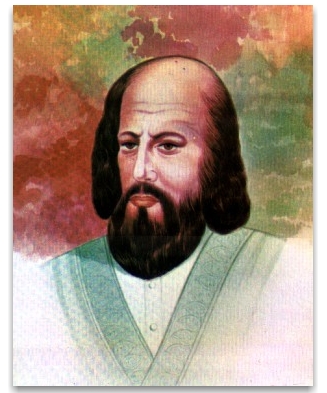
Algazel, better known as al-Ghazali, was born Abu Hamid Ibn Muhammad Ibn Muhammad al-Tusi al-Shafi’i al-Ghazali in 1058 A.D. in Khorasan, Irandad, in the west of what is now called Iran. He was an Islamic theologian, philosopher, and mystic. He is considered one of the greatest theologians in Islam. Al-Ghazali made a significant philosophical contribution at a time which was important for the continuing legitimate existence of the sufi component of Islam.
![]()

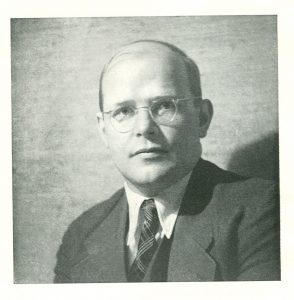
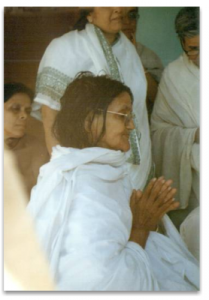
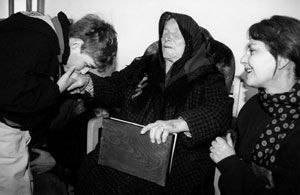
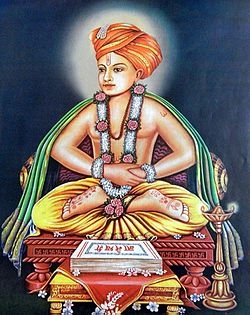
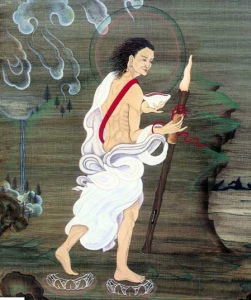
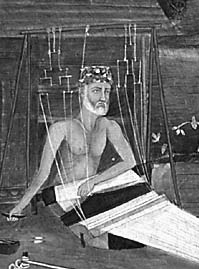

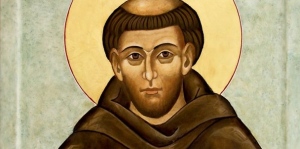
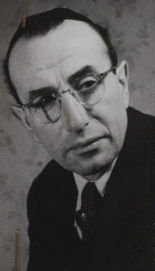
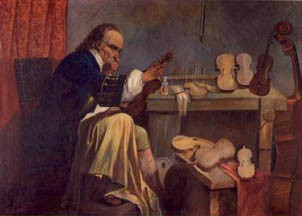
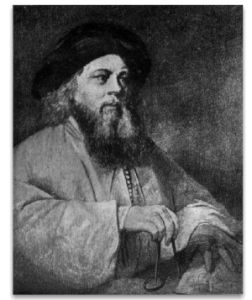
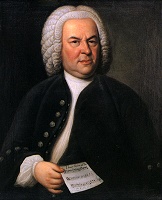 Johann Sebastian Bach was a German composer and musician of the Baroque period. In his childhood he was given an extensive religious education which was to profoundly influence his works, particularly where he obtained employment as organist and master of choir in various churches. He once wrote a short note to himself” “Where there is devotional music, God with his grace is present“.
Johann Sebastian Bach was a German composer and musician of the Baroque period. In his childhood he was given an extensive religious education which was to profoundly influence his works, particularly where he obtained employment as organist and master of choir in various churches. He once wrote a short note to himself” “Where there is devotional music, God with his grace is present“. 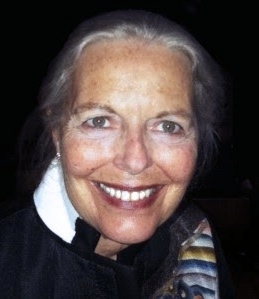 As someone who has spent more than 20 years on the spiritual path, met many Saints and studied numerous New Age, Hindu and Buddhist teachings, I am very happy to be able to say that the ‘Great Freedom’ teachings of Candice O’Denver are the highest, clearest, and most accessible wisdom teachings I’ve ever heard. Several hundred hours of her full-length talks are now available for free download as MP3 audio files on the
As someone who has spent more than 20 years on the spiritual path, met many Saints and studied numerous New Age, Hindu and Buddhist teachings, I am very happy to be able to say that the ‘Great Freedom’ teachings of Candice O’Denver are the highest, clearest, and most accessible wisdom teachings I’ve ever heard. Several hundred hours of her full-length talks are now available for free download as MP3 audio files on the 
